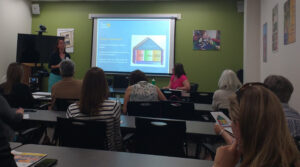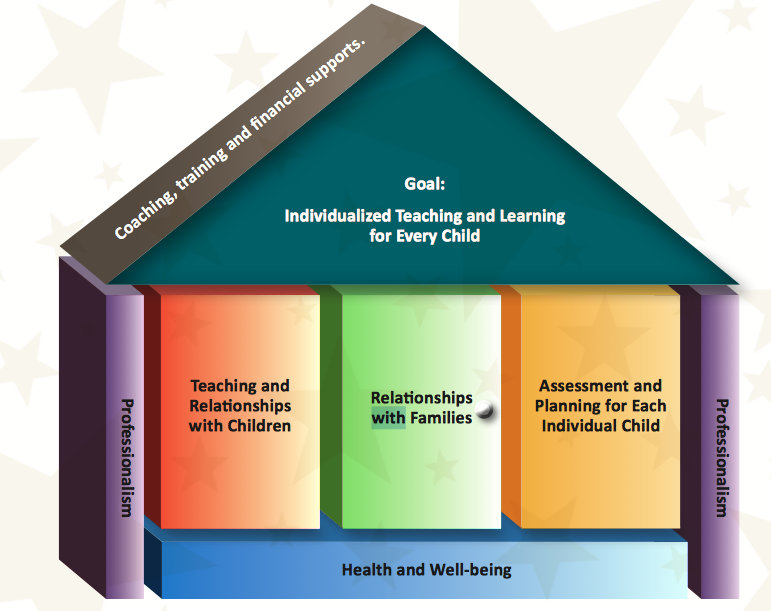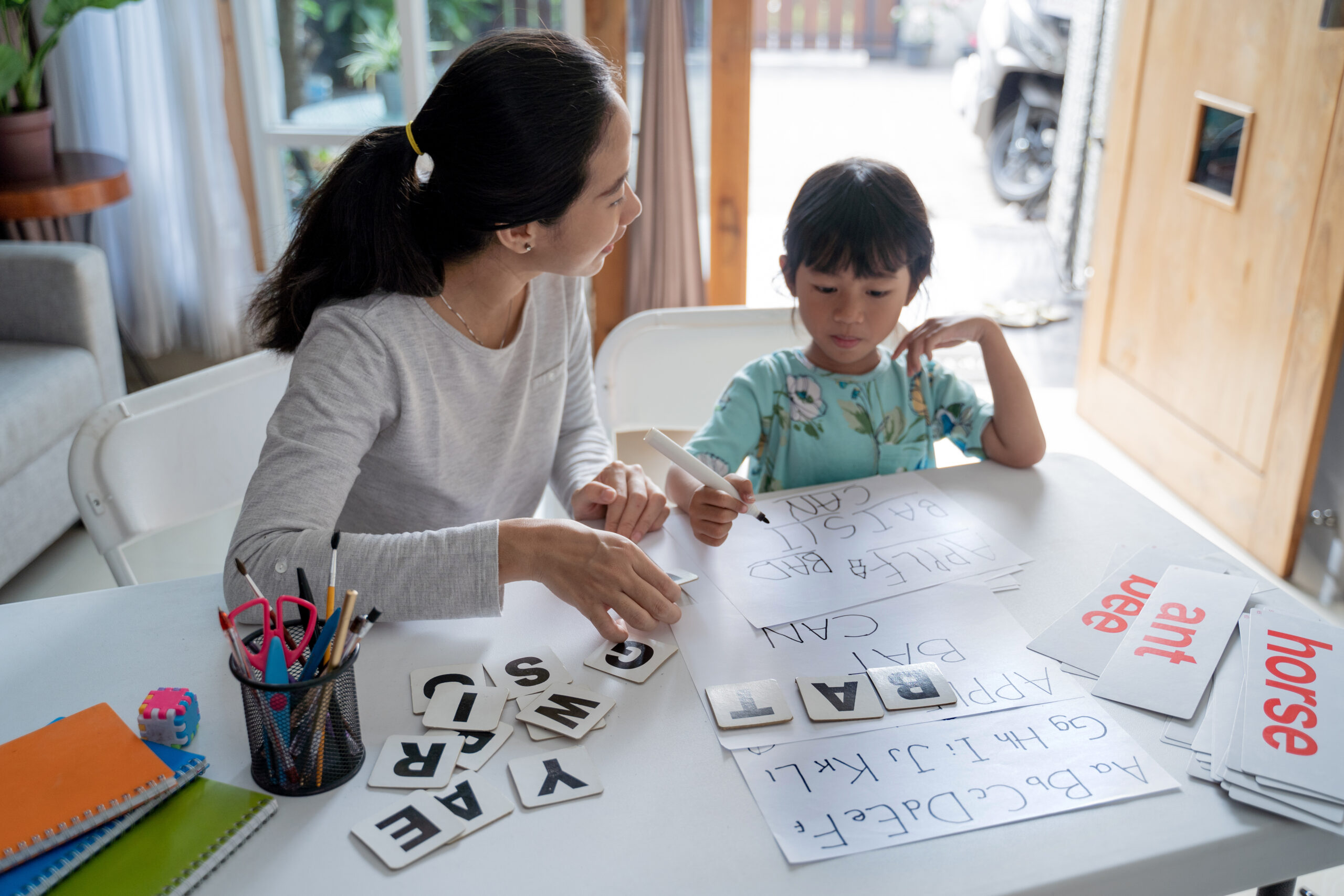The final Policy Hour of the season was a double dose of early education information! We heard about changes to Parent Aware and received an end of legislative session update.
Parent Aware

June Policy Hour at Think Small
First, Michelle Lenhart and Nara Topp joined us from the Department of Human Services (DHS) to discuss changes to Parent Aware. Parent Aware is Minnesota’s Quality Rating and Improvement System. Participation is voluntary for child care providers, and it offers tools and resources to help:
- Families find quality child care and early education
- Programs improve their practices
- Children benefit from care and education that will prepare them for school and life

The Parent Aware House was adapted from the National Center of Quality Teaching and Learning Framework for Effective Practices, and the Washington Early Achiever’s House.
Recognizing the importance of supporting early brain development, DHS works with the state Departments of Education and Health, Child Care Aware of Minnesota, and other partners like Think Small to shape and implement the program.
Parent Aware recently went through a revision process, where DHS collected input on program standards. They knew from a validation study that they were on the right track, but there was room for improvement. The outcome is a Parent Aware “remodel”. Rather than a complete overhaul to the program, the result is modifications to the standards and indicators.
Changes in the remodel aim to provide more flexibility while maintaining the standards that ensure high-quality care and education for children. Highlights of the changes, which will take effect July 1, 2017, include:
- More rating pathways. In addition to the Full Rating Pathway and Accelerated Pathway to Ratings (APR), there is now an Automatic Rating. Head Start programs will be eligible for this rating and will not have to submit documentation to receive a Four Star rating. There is also an option now to make it easier for some programs opening multiple sites to receive the same rating more easily.
- Flexible coaching options. Programs can choose to receive 20-30 hours of coaching over 6 months or 40-60 hours over the course of a year, depending on what timeline and intensity best suits their needs.
- User-friendly documentation. DHS received a lot of feedback about documentation difficulties. In response, they have created more flexible options. They also have worked to clarify the reasoning and goals behind the indicators.
- Simplified training choices. Rather than requiring specific trainings, which could be difficult to navigate, requirements going forward will align with Knowledge and Competency Framework (KCF) domains.
- More robust financial supports. Providers will be able to receive $1,000 in quality improvement supports for Building Quality participation {up from $500), in order to make improvements to their program. To move to a higher star level, providers will receive $2,500 in quality improvement supports, up from $1,000.
Four Star-rated programs do not receive Quality Improvement Supports because those are intended to help programs improve and advance, and Four Stars is the highest level. Those program are eligible for other incentives, such as Early Learning Scholarships and higher reimbursement rates for the Child Care Assistance Program (CCAP).
Lenhart and Topp emphasized that Parent Aware is here to stay, and they encourage programs to participate at whatever level works for them.
Legislative Update
Minnesota’s Future members Clare Sanford and Ann McCully provided an update on highlights of the 2017 legislative session for early care and education. Most of their updates are covered in our Think Small legislative wrap-up.
A few additional highlights:
- The education budget included a 2% increase for the school funding formula. It also included new teacher licensure language that the Governor would like to renegotiate (but has already signed into law).
- Presenters shared that the current interpretation of the School Readiness Plus language is that a licensed teacher must oversee the program but does not have to be present in each classroom.
- While many child care provisions passed related to federal requirements, it was disappointing that a reimbursement rate increase was not included.
- The Focus on Five Senate Working Group that met during session discussed promising practices and barriers for young children. Out of that work came funding for a pilot project in Dakota County for kids 0-8.
- There is $12 million for home visiting in the new budget.
- Minor changes regarding notifications of and access to child care for college students passed.
- The Father Project received funding.
For more details, check out the Child Care Aware of Minnesota Legislative Update.
For the first time, Policy Hour was recorded on Facebook Live. If you’d like to relive part or all of the fun, check it out here.









